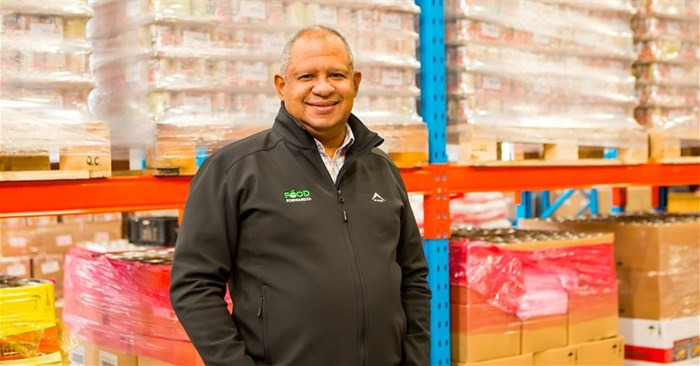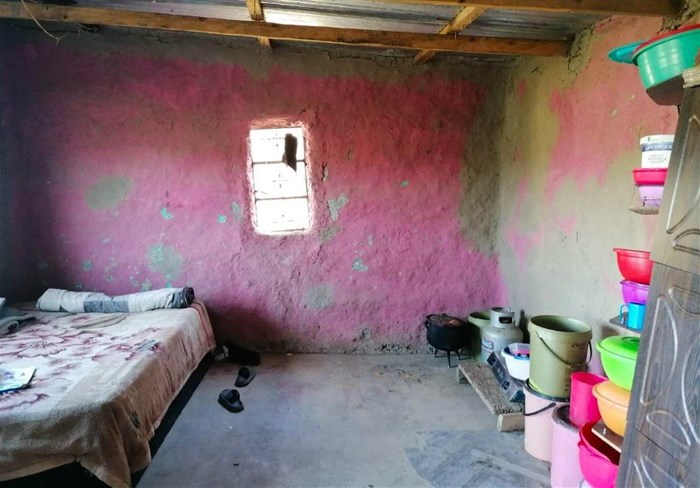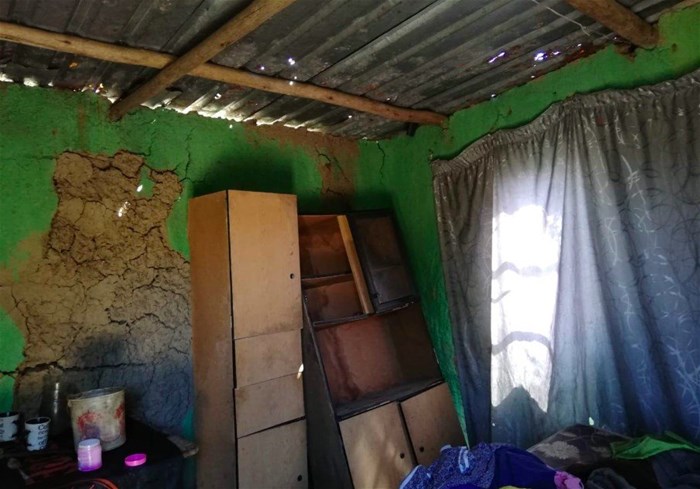
Subscribe & Follow
Advertise your job vacancies
30 years of democracy: Few steps forward and several steps back
This year marks the 30th anniversary of South Africa’s first democratic elections. I specifically use the work 'marks' instead of celebrates, because there is very little to celebrate and much to bemoan.

While 1994 signalled hope of a better life for all, the past three decades have further widened the gap between rich and poor, and failed to facilitate economic emancipation and improve the living conditions of most South Africans.
While great strides have been made in terms of our constitution, upholding the rule of law, and ensuring media freedom and the independence of the judiciary, the scorecard is poor in relation to social justice, access to food, quality education and healthcare, decent housing, equality, inclusivity, and employment.
Consumers are experiencing severe hardship and struggling to make ends meet. Load shedding, low wage growth, high interest rates, and increasing debt levels have resulted in a weak economy, plunging millions of people into a costs of living crisis. People are borrowing money to buy food and meet their monthly expenses, and many are accessing unsecured loans with higher interest rates, and turning in desperation to loan sharks, spiralling them further into debt cycles that are difficult to break free from.
The circumstances in rural towns and villages are even more dire, with several children presenting severe acute malnutrition and tragically, some have died of starvation. Social grants are the only form of income for millions of vulnerable people, but, because of the high unemployment rate, far too many people in these households are dependent on the grant, and the money does not last for a month. After two weeks, the money is spent, and people have no other means to survive.
In November 2023, the Daily Dispatch newspaper in the Eastern Cape published an article that highlighted the plight of people living in the rural village of Cwebeni, near Port St John’s, where more than 100 mothers were trying to survive with meagre means. “We have no money and no proper homes to live in. We sleep on the floor. Our children go to bed crying because they are hungry.” These were words of a 58-year-old mother of five unemployed adult children and 10 grandchildren, who all live in a two-roomed mud structure with no running water and no electricity. Sadly, far too many people live in these inhumane, undignified conditions.
Government has failed its people on a grand scale. Over the past 30 years, the state has become wholly incompetent and incapable, rife with corruption and serving their own personal and political interests. They have failed to implement the National Development Plan, failed to set up the National Food Security Commission, and failed to create a better life for all.
Because of the failure of government, non-profit organisations (NPOs) like FoodForward SA and Gift of the Givers have to step in and fill the void, supported by the private sector, to address food insecurity and prevent starvation in poor communities.
As South Africa prepares for its seventh democratic general election, we can only hope and pray that a new government voted in by the people will be for the people, and lead from the front to bring about the prosperous South Africa for all that we have the potential to become.

Mud structures, with no water and electricity, that far too many people in rural communities live in

- How Africa's largest food distribution organisation works with researchers to improve operations06 Mar 15:39
- Rising food, fuel, and electricity prices put further pressure on struggling households11 Feb 14:43
- Safe and nutritious food – healthy communities19 Dec 15:18
- Child malnutrition statistics are going the wrong way08 Nov 11:24
- Recognising foodbanks as key stakeholders in solving food insecurity, malnutrition, and climate08 Oct 14:06
Related
How Africa's largest food distribution organisation works with researchers to improve operations 6 Mar 2025 Rising food, fuel, and electricity prices put further pressure on struggling households 11 Feb 2025 Child malnutrition statistics are going the wrong way 8 Nov 2024 Recognising foodbanks as key stakeholders in solving food insecurity, malnutrition, and climate 8 Oct 2024 One-third of the food we produce is never eaten: Reshaping our food system must be accelerated 10 Sep 2024 Massmart praises CSI partners for embracing Mandela Day spirit everyday 19 Jul 2024








